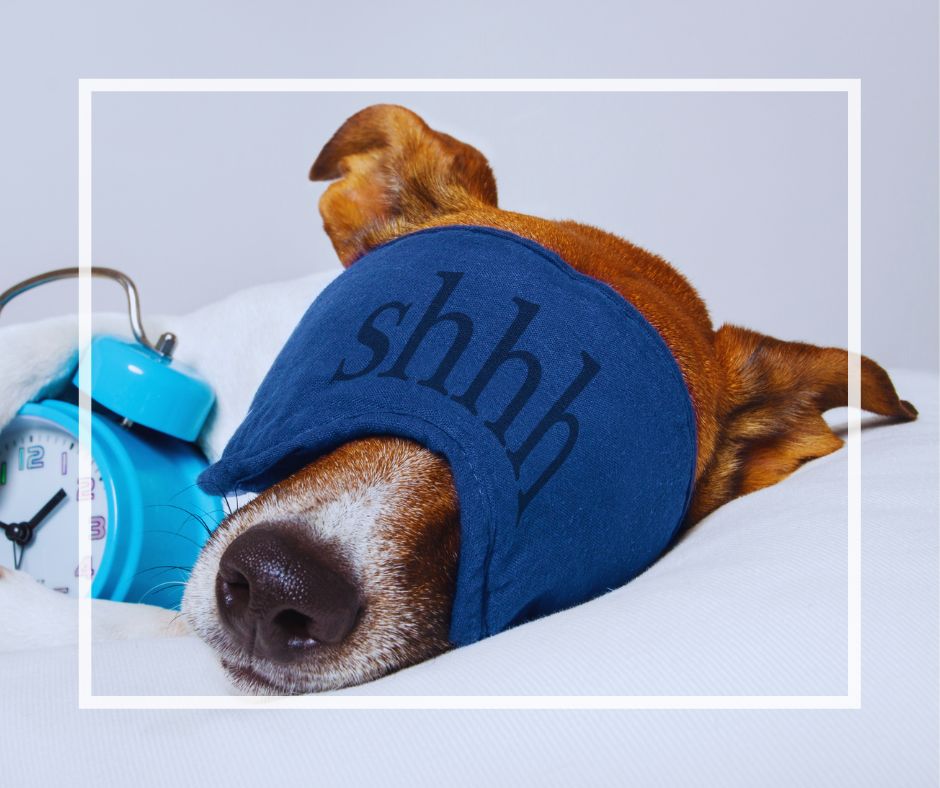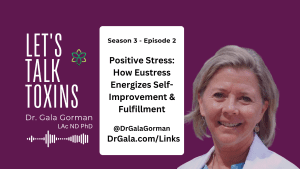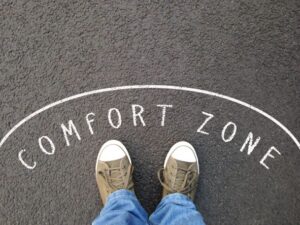A lot of people don’t seem to know why sleep is important – or they just dismiss its importance. Sleep is one of the critical activities of daily life that is often compromised when there are just too many things that need to be done … and 24 hours in a day just isn’t enough.
However, time and again, physicians have stressed the importance of getting enough shut-eye. According to Eric J. Olson M.D. of Mayo Clinic, the optimal amount of sleep for most adults to function properly is seven to eight hours of good slumber each night. Teenagers need 9 to 10 hours and school-aged children may need 10 or more hours.
It is often hard to follow the doctor’s advice of getting enough sleep, especially as adults. We tend to be overscheduled every day. And, even when our head finally does hit the pillow, we have trouble dozing off.
This may be due to insomnia or other sleep problems.
Dr. Gala’s Quick Take
Sleep is important because it strengthens your immune system, improves memory, and replenishes energy. For a healthy rest, stick to a regular sleep schedule, incorporate exercise into your daily routine, and avoid screens before bedtime to ensure a good night’s sleep.
Here Are 10 Reasons Why Sleep is Important … And You Should Prioritize It
1. It boosts your immune system
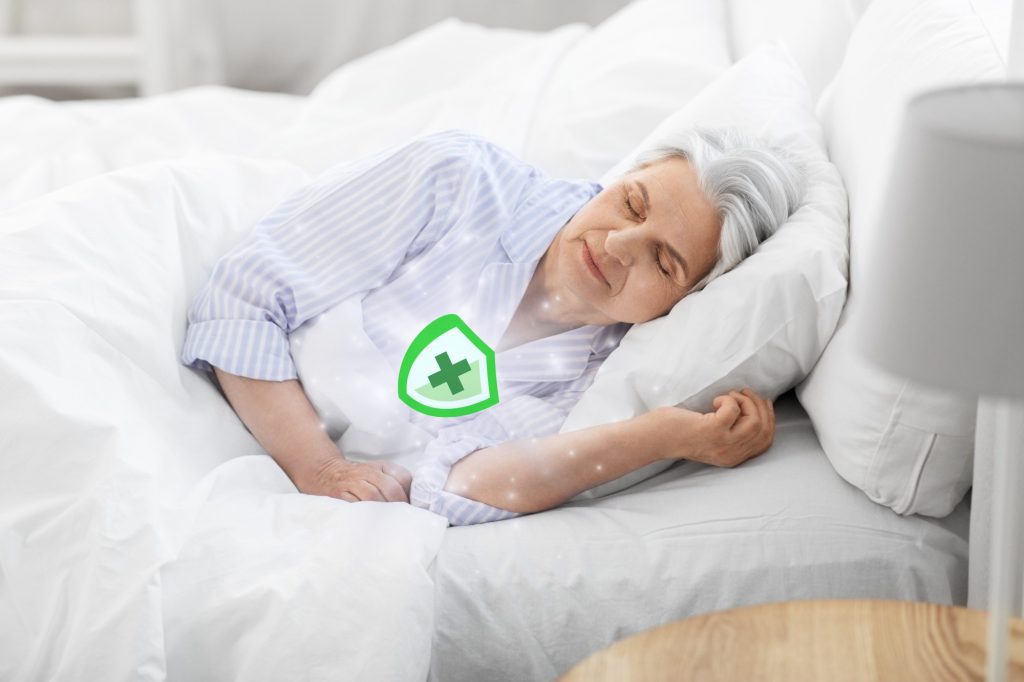
Our immune system is the first to be affected when we don’t get enough shut-eye. “People who don’t get quality rest are more likely to get sick after being exposed to a virus, such as a common cold. Lack of sleep can also affect how fast you recover if you do get sick. Long-term lack of sleep also increases your risk of obesity, diabetes, and heart and blood vessel (cardiovascular) disease.” via Lack of Sleep: Can It Make You Sick?
2. It improves your memory
“Healthy sleep puts us in the right state of mind to take in information as we go about the day. Not only that. We need a good night’s sleep to process and retain that information over the long term. Sleep actually triggers changes in the brain that solidify memories—strengthening connections between brain cells and transferring information from one brain region to another.
Scientists think that while we are snoozing, memories and skills are shifted to more efficient and permanent brain regions, making for higher proficiency the next day. In fact, sleeping shortly after learning new information has been shown to help retention. Some research indicates that when people learn before going to sleep (or even before taking a nap), they remember the information better in the long term.” via Improve Your Memory with a Good Night’s Sleep
3. It restores and energizes
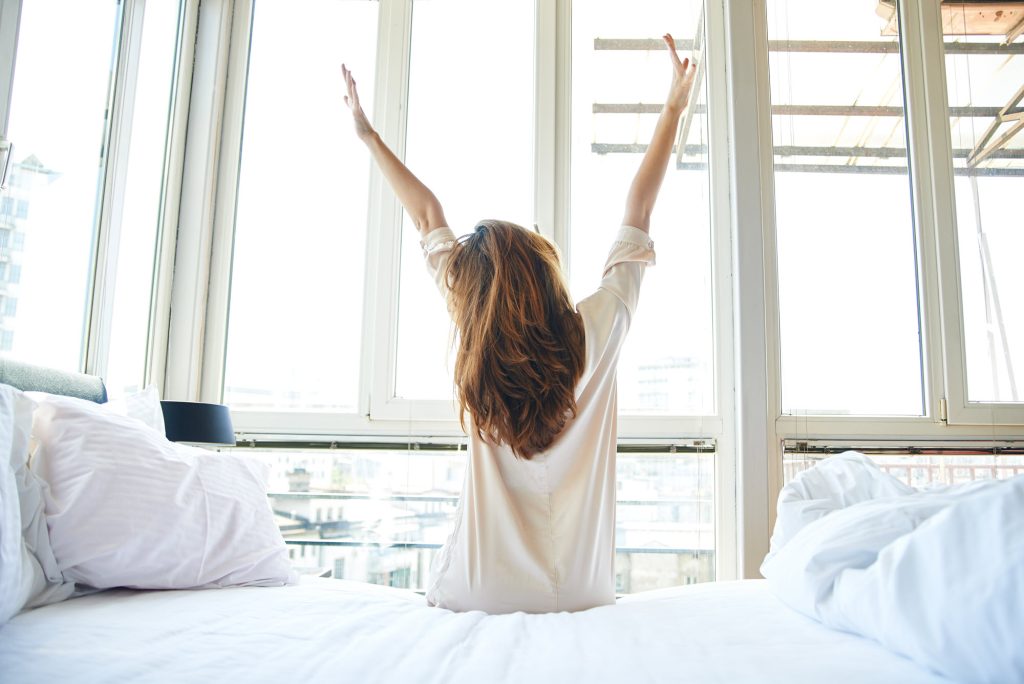
Lack of sleep equals lack of energy – most of us know that. We cannot expect to have the strength and energy to go about our daily tasks. But once we get even a short nap, we become rejuvenated and refreshed so that we feel like we can do anything.
“Sleep affects how we look, feel and perform on a daily basis, and can have a major impact on our overall quality of life.
“Teens need at least 8 hours—and on average 9¼ hours—a night of uninterrupted sleep to leave their bodies and minds rejuvenated for the next day. If it is cut short, the body doesn’t have time to complete all of the phases needed for muscle repair, memory consolidation and release of hormones regulating growth and appetite.” via What Happens When You Sleep
4. It stimulates creativity
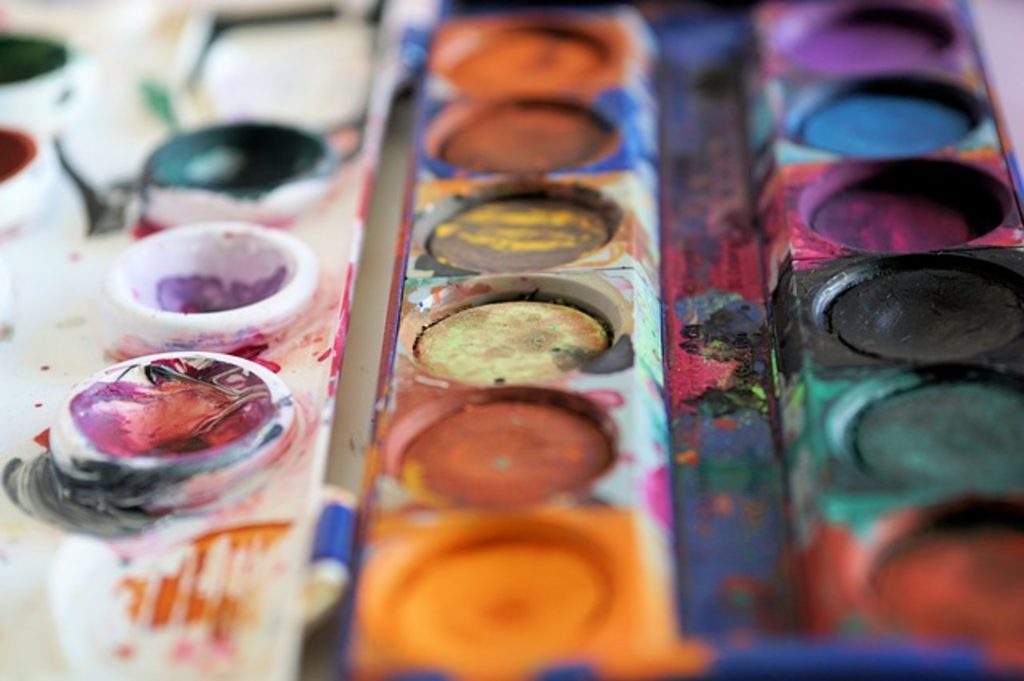
Good sleep has often been associated with creativity. Ever noticed that when you’re lacking sleep, your mind becomes dull as well?
“A new study into the effects of napping suggests that rapid eye movement (REM) sleep may help the brain to create associations between unrelated ideas, enhancing creative problem-solving.” via Frontier: REM Sleep Stimulates Creativity
5. It helps with weight management

Some people think that lack of shut-eye will make you lose weight. But actually, the opposite may be true. Although it may make you look haggard and frail, oftentimes, it leads to weight gain.
“In one study, recurrent sleep deprivation in men increased their preferences for high-calorie foods and their overall calorie intake. In another study, women who slept less than six hours a night or more than nine hours were more likely to gain 11 pounds (5 kilograms) compared with women who slept seven hours a night. Other studies have found similar patterns in children and adolescents.
“One explanation might be that sleep duration affects hormones regulating hunger — ghrelin and leptin — and stimulates the appetite. Another contributing factor might be that lack of sleep leads to fatigue and results in less physical activity.” via Is Too Little Sleep A Cause of Weight Gain?
6. It helps you stay mentally and emotionally fit

Slumber helps your brain to rest and prepare itself for the next day. It helps you stay active, pay attention, make decisions, and be creative. The lack of it can lead to depression, suicide symptoms, and other risk-taking behavior. Such people can lack self-motivation, get mood swings and sometimes can become angry and impulsive.
7. It improves concentration and productivity
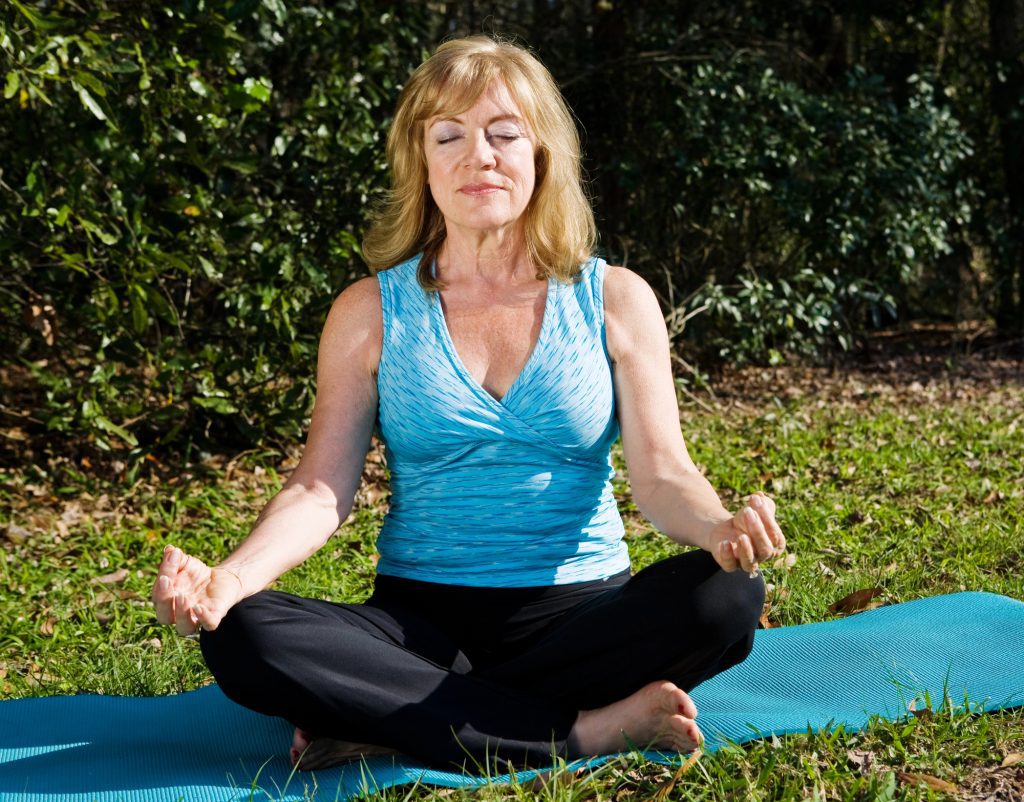
Sleep is very important to maintain various aspects of our brain – these include our productivity, reasoning, and concentration. One study suggests that lack of sleep will affect these brain functions negatively, the same way as alcohol intoxication does.
On the other hand, research shows that having enough sleep improves memory performance and problem-solving skills for both children and adults.
8. It improves your health

Dr. William Dement, co-founder of Stanford Sleep Center, says that “sleep is the number one predictor of how long we’ll live.”
Most of us know that the lack of sleep can you put us at risk for several health problems. These often include cardiovascular diseases and diabetes. A survey says that 90% of people with insomnia or trouble falling and staying asleep also have another health condition.
When you get enough sleep, everything will go smoothly; you will eat healthier, get inspired to exercise, and live longer.
9. It beautifies (slows down the aging process)
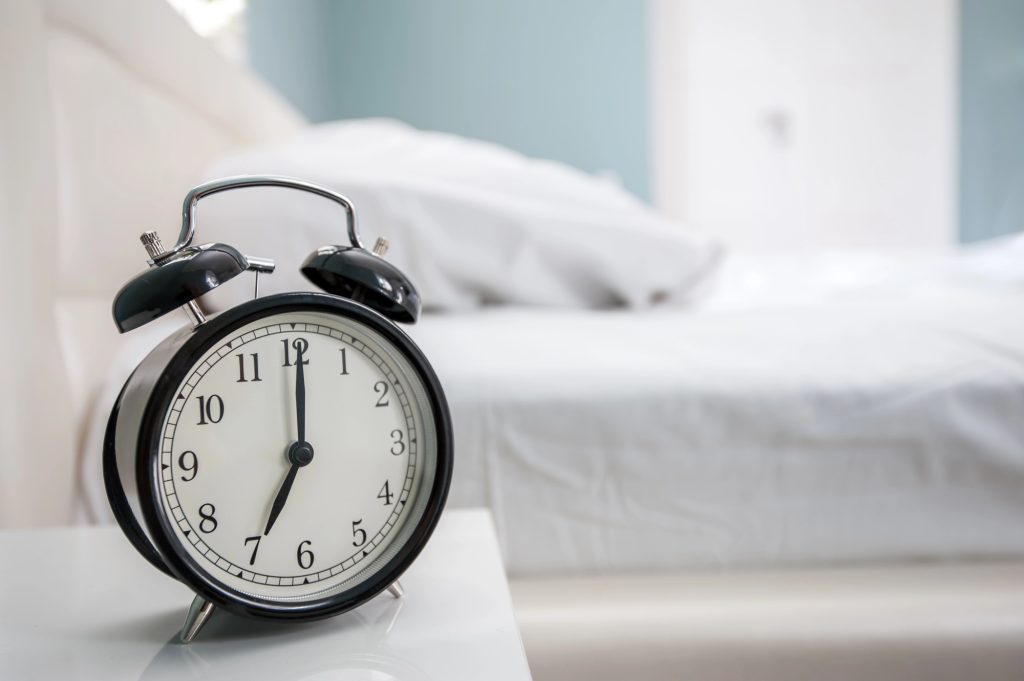
Women who have aged gracefully often attribute their beauty to a healthy lifestyle. This means having enough sleep, exercising, and eating healthy.
“During our wakeful hours, we are constantly damaging our body and breaking it down. During sleep healing and repair takes place. Getting the balance between the two right is essential. If we get insufficient sleep, then the rate at which we break the body down exceeds the rate at which we can heal and repair and our overall health gradually ratchets downhill.” via Anti-Ageing – Slow Down the Ageing Process
10. It makes you happier

Sleep is oftentimes associated with our mood. Lack of sleep often results in a terrible mood. It can ruin your whole day. Studies show that people who have enough sleep tend to be happier and have fewer problems with depression and anxiety.
In addition, since having enough sleep restores your energy, you will be refreshed as soon as you wake up and will experience a happier and better day.
How to Sleep Better at Night Naturally
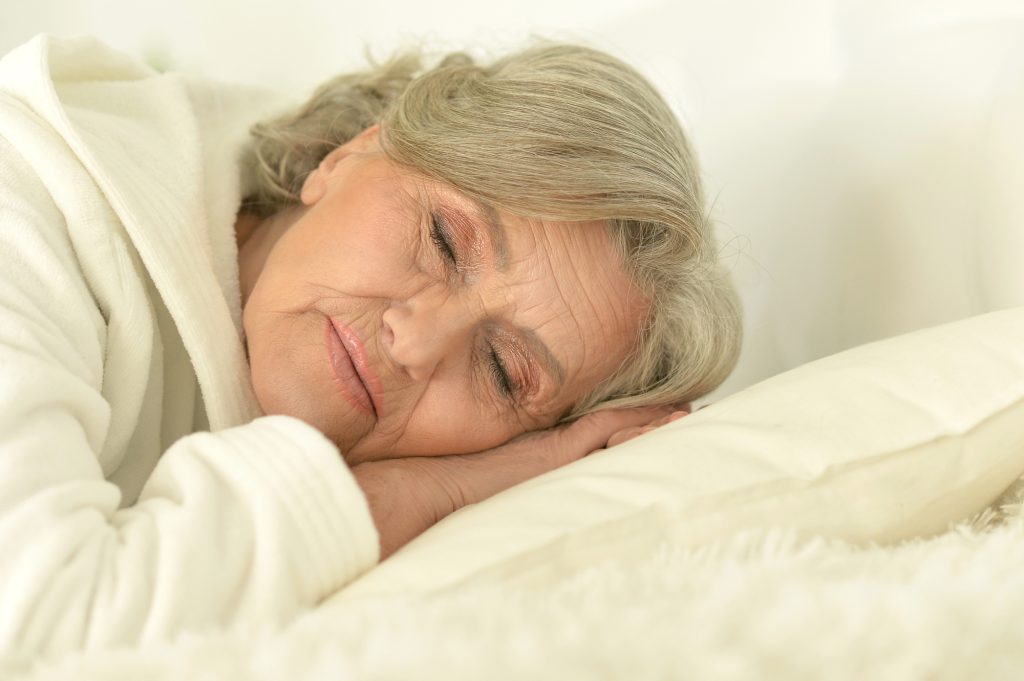
Now that you know why sleep is important, let’s now look at another problem – not getting enough sleep. “Around 59% of Americans get seven or more hours of sleep every night, while 40% get less than seven hours.” via Sleep Deprivation: Causes, Symptoms and Treatment
Sleep deprivation or not getting enough sleep at night is a result of many things. It might be because of medical, physical, and emotional issues or it might be because of our habits and the food we eat. There are a lot of things that can contribute to us not having enough sleep, and it can be stressful and tiring if we’re not getting the sleep that we need.
The good news is, there are some natural remedies that just require us to modify our lifestyle a bit. You’ll sleep better naturally. The following 5 tips are guaranteed to help.
1. Develop a routine for dozing off
“Go to bed at the same time every night and get up at the same time every morning—even on weekends. A regular sleep routine keeps your biological clock steady so you rest better. Exposure to a regular pattern of light and dark helps, so stay in sync by opening the blinds or going outside right after you wake up.” via You’ll Be Sleeping Better With These 20 Tips after you wake up.” via You’ll Be Sleeping Better With These 20 Tips
2. Exercise
“Researchers in Northwestern University’s Department of Neurobiology and Physiology reported that previously sedentary adults who got aerobic exercise four times a week improved their sleep quality from poor to good. These former couch potatoes also reported fewer depressive symptoms, more vitality, and less sleepiness during the daytime. Just be sure to wrap up your workout session several hours before bedtime so that you’re not too revved up to get a good night’s sleep.” via 10 Natural Ways to Sleep Better
3. Stop smoking
“Nicotine is a stimulant, so it prevents you from falling asleep. Plus, many smokers experience withdrawal pangs at night. Smokers are 4 times more likely not to feel as well rested after a night’s sleep than nonsmokers, studies show, and smoking exacerbates sleep apnea and other breathing disorders, which can also stop you from getting a good night’s rest. Don’t worry that quitting will keep you up nights too: That effect passes in about 3 nights, says Lisa Shives, MD, sleep expert and founder of Northshore Sleep Medicine.” via You’ll Be Sleeping Better With These 20 Tips
4. Cut caffeine after 2 PM
“Caffeine is a stimulant that stays in your system for about 8 hours, so if you have a cappuccino after dinner, come bedtime, it’ll either prevent your brain from entering deep sleep or stop you from falling asleep altogether.” via You’ll Be Sleeping Better With These 20 Tips
5. Turn off the screens by 9 PM (the MOST important )
Blue screens can be a major factor that interrupts sleep. Blue light emitted by electronic devices, such as smartphones, tablets, and computers, can interfere with the body’s natural sleep-wake cycle. Exposure to blue light at night can inhibit the production of melatonin, a hormone that regulates sleep, making it difficult to fall asleep and stay asleep.
Studies have shown that exposure to blue light before bedtime can suppress melatonin production for up to two hours. This can lead to difficulty falling asleep, as well as a decrease in the quality of sleep. Blue light can also disrupt the circadian rhythm, which is the body’s internal clock that regulates sleep and wakefulness.
In addition to affecting sleep, blue screens can have other negative effects on health, including eye strain, headaches, and fatigue.
Take Your Much-Needed Rest!
Healthy physical and mental well-being are two important reasons why sleep is important. This is why sleeping is something that you should not take for granted. You might think that other things like healthy eating and exercise are the main keys to a healthy lifestyle, but there is no denying that getting quality rest is equally important, if not, the most important. If you want to have a longer and happier life, give your body a chance to rest and be refreshed.
“If you came into my office, I’d ask you a lot of questions that would help us connect the dots … so that together we can deal with your toxic stress.
Every situation is unique and you need a plan that works for you. Not a one-size-fits-all solution.
If you’re thinking you can’t come into my office, don’t worry. I’ve created a program with all of my initial recommendations to help you unravel the mystery. You can use it at home and at your convenience.
So if you’re thinking that managing chronic stress just isn’t possible … or even the answer … for you, I want to show you what you may be missing.
And how you can identify the toxic stressors that are creating your symptoms with my Human Energy System Reboot. You can get started HERE.” – Dr. Gala

